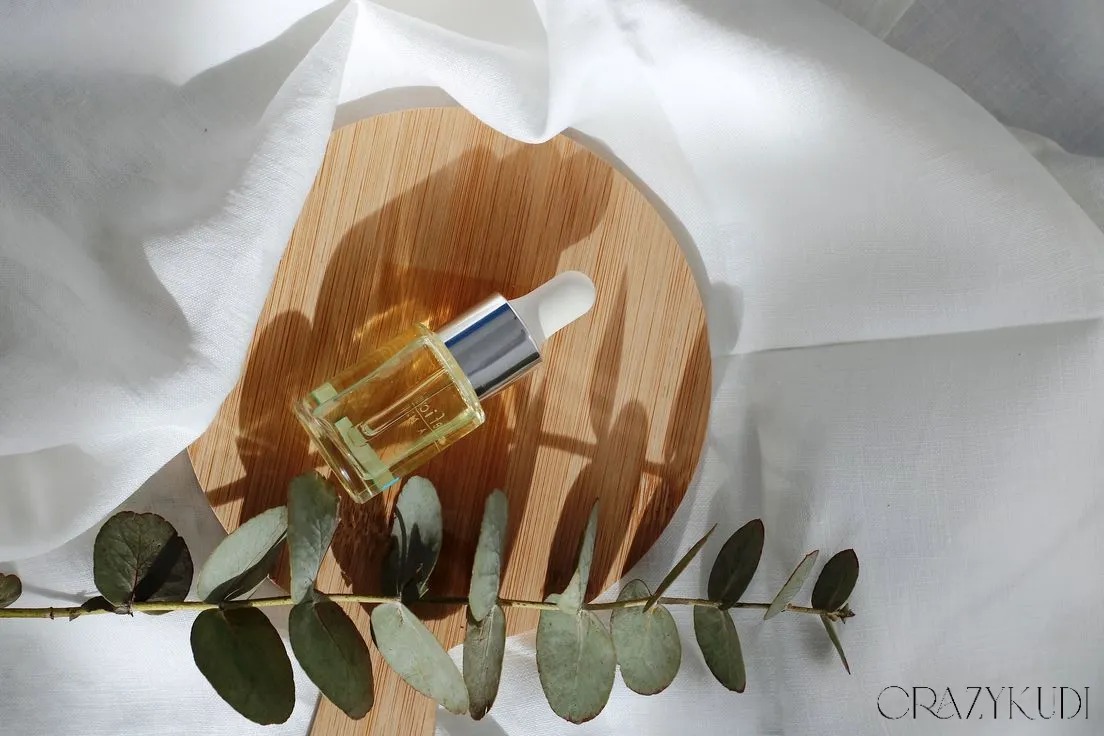Stress isn’t just a feeling—it’s something that physically affects your body, including your skin. Whether you're dealing with work pressure, relationship stress, or daily life challenges, stress can wreak havoc on your complexion. From acne breakouts to premature wrinkles, the impact of stress on skin health is far-reaching.
But the good news is that understanding how stress affects your skin and learning how to manage it can make a significant difference in your skin’s appearance and overall health.
Let’s break down how stress harms your skin and, more importantly, how to combat these effects for a clearer, healthier complexion.
How Stress Affects Your Skin
1. Stress Causes Acne and Breakouts
When you're stressed, your body releases cortisol, a hormone that triggers the production of sebum (oil) in your skin. Excess sebum can clog pores, leading to acne and breakouts. This is particularly true for individuals who already have oily or acne-prone skin.
🧪 How it works:
Cortisol doesn't just increase oil production—it also causes inflammation, which makes existing acne flare up. The stress-induced rise in blood sugar levels can also lead to the formation of more acne lesions.
2. Stress Leads to Premature Aging
Constant stress can accelerate the aging process of your skin. When you're stressed, the increase in cortisol not only worsens acne but also affects your skin’s ability to repair itself. This can contribute to the formation of fine lines and wrinkles.
🧪 How it works:
Stress reduces your skin’s production of collagen (the protein that keeps your skin firm and youthful), leading to sagging and loss of elasticity. Over time, this can result in premature wrinkles.
Also read: Dermatologist-Approved Skincare Routine for Oily Skin That Actually Works
3. Stress Makes Your Skin Dry and Irritated
When you’re stressed, your body’s natural defense mechanisms, including your skin, become compromised. One of the most common effects of stress is dryness, which can make the skin more sensitive and prone to irritation.
🧴 How it works:
Cortisol reduces your skin’s ability to retain moisture, making it drier and more vulnerable to external factors like weather or harsh skincare products.
4. Stress Triggers Skin Conditions
Stress can exacerbate existing skin conditions, including eczema, rosacea, psoriasis, and hives. Stress doesn’t directly cause these conditions, but it can significantly worsen symptoms.
🧪 How it works:
Stress activates your immune system, increasing inflammation in the body, which in turn triggers or worsens flare-ups of skin conditions.

How to Combat the Effects of Stress on Your Skin
1. Practice Stress Management Techniques
The first step to preventing stress-related skin problems is managing your stress. Here are a few stress-reducing practices to incorporate into your routine:
- Meditation or Mindfulness: These practices help calm your mind and reduce cortisol levels.
- Regular Exercise: Exercise boosts endorphins, helping reduce stress and improve blood flow to your skin.
- Yoga: Helps with flexibility, stress relief, and mindfulness—ideal for both mental and skin health.
🧘 Tip: Try deep-breathing exercises to calm your mind when you feel stress building up.
2. Get Enough Sleep
Lack of sleep can exacerbate stress and make your skin look tired and dull. When you sleep, your skin undergoes repair and regeneration. Chronic sleep deprivation, however, can increase cortisol levels, making it harder for your skin to recover from damage.
💤 Tip: Aim for 7–9 hours of sleep each night to help your skin restore and repair itself.
3. Keep a Consistent Skincare Routine
A regular skincare routine can help alleviate some of the skin problems caused by stress. Focus on calming and nourishing products that restore balance to your skin, such as:
- Moisturizers with hyaluronic acid to combat dryness
- Soothing serums with chamomile or aloe to calm inflammation
- Salicylic acid or benzoyl peroxide for acne treatment (but don’t overdo it)
🧴 Tip: Avoid harsh products or over-exfoliating, as stressed skin tends to be more sensitive and reactive.
4. Eat a Skin-Friendly Diet
Your diet plays a critical role in both skin health and stress management. Incorporate foods rich in antioxidants, omega-3 fatty acids, and vitamins A, C, and E, which help calm inflammation and protect the skin from oxidative stress caused by cortisol.
🥗 Tip: Foods like avocados, berries, nuts, and green leafy vegetables are packed with nutrients that support skin health and reduce stress-related flare-ups.
Also read: 7 Effective Anti-Pollution Skincare Tips to Shield Your Skin from Harmful Toxins
5. Drink Plenty of Water
Hydration is essential for healthy skin. When stressed, you might forget to drink water, but dehydration can make your skin look dry and lackluster. Drinking enough water helps flush toxins from your body and maintains your skin’s natural moisture levels.
💧 Tip: Aim for at least 8 glasses of water a day, and consider adding herbal teas or coconut water for extra hydration and stress relief.
Final Thoughts
Stress is an inevitable part of life, but its impact on your skin doesn’t have to be. By adopting a holistic approach to stress management, sleep, diet, and skincare, you can protect your skin from the harmful effects of stress.
Remember, healthy skin requires consistent care, both inside and out. Take time for yourself, manage stress proactively, and watch as your skin becomes calmer, clearer, and more radiant over time.

